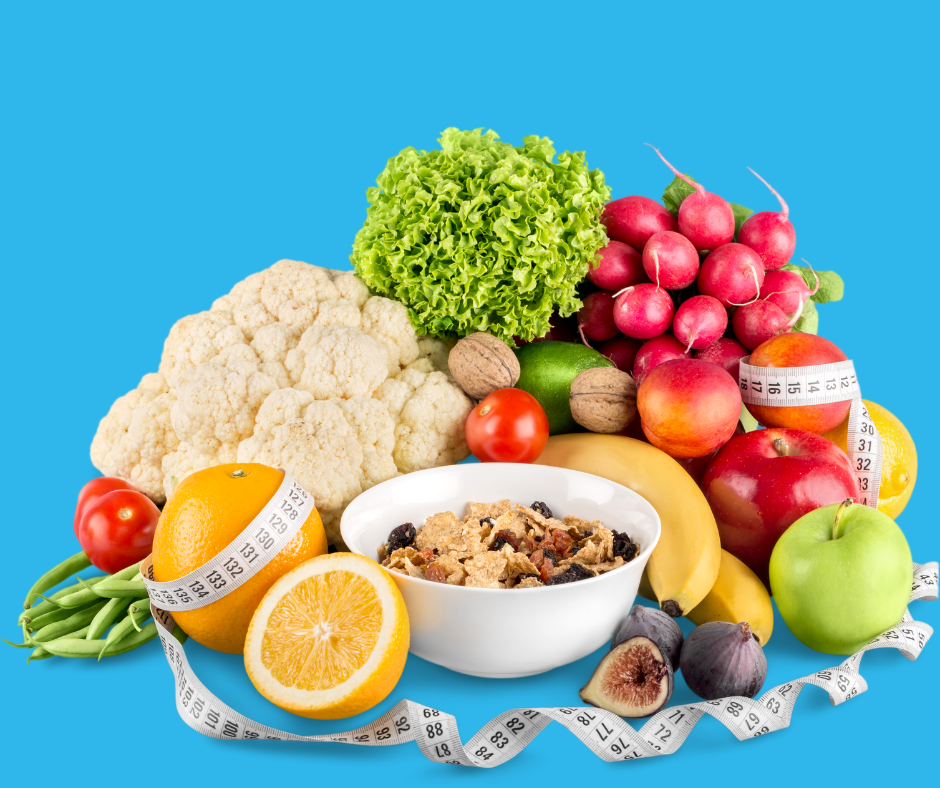
You think skipping breakfast will help you lose weight faster
You wake up, skip food, and wait. Hunger builds. You eat more later. Skipping meals leads to rebound eating. The body stores more when it’s starved. Breakfast doesn’t burn fat directly, but it prevents overeating later. The hunger cycle doesn’t reset by skipping.
You believe all calories are equal, no matter where they come from
You count carefully. Rice or soda—it’s just numbers. But your body disagrees. A hundred calories from almonds feel different than the same from candy. Fiber, protein, fat—they change digestion speed. Not all calories trigger the same response. Counting without context misleads.
You avoid carbs completely, assuming they’re the enemy of weight loss
You stop eating bread. Bananas. Even beans. Energy fades. Mood dips. Carbs aren’t bad. The problem is the type and timing. Whole carbs feed you. Refined ones flood you. A body without carbs feels drained, not disciplined. Balance matters more than avoidance.
You think fat makes you fat, so you cut it out entirely
You buy low-fat everything. But you stay hungry. Your skin dries. Fat isn’t the enemy. It slows digestion. Supports hormones. Carries nutrients. Removing fat often means more sugar. More craving. Fat helps you stop, not just start. Real fat keeps the body stable.
You believe detox drinks will flush out all your weight problems
You drink lemon water. Green juice. You feel light—but only briefly. Detox isn’t real. Your liver and kidneys already detox for free. Most drinks remove water, not fat. Weight returns the moment food does. The illusion fades, but the myth stays loud.
You rely on the scale daily, thinking numbers prove success
Every morning, you weigh yourself. The number controls your mood. But weight isn’t truth. Water, hormones, meals—everything shifts the scale. A loss today might rise tomorrow. Fat loss isn’t linear. The mirror, energy, strength matter more than digits.
You think eating after 6 PM makes all food turn to fat
You finish dinner early. Feel hungry later. Still avoid snacks. The clock doesn’t store fat—your habits do. Eating late isn’t bad. Eating too much, anytime, is. Your body doesn’t know time—it knows balance. Sleep hungry, and sleep suffers.
You assume gluten-free always means healthier and lower in calories
You switch to gluten-free cookies. Breads. Snacks. But nothing changes. Many gluten-free foods are still highly processed. Sugar-rich. Calorie-dense. Unless you’re celiac or sensitive, removing gluten won’t shrink your waist. Labels don’t guarantee benefit.
You expect diet soda to help, because there’s no sugar or calories
You replace juice with cola light. You drink more. But cravings grow. Artificial sweeteners can confuse the brain. They spark appetite without satisfaction. Some studies link them to increased hunger. Zero calories doesn’t mean zero effect.
You believe more sweat means more fat burned during workouts
You wear layers. Chase the burn. Drip sweat. Then check the mirror. Sweat means heat—not fat loss. Water leaves. You rehydrate. It returns. Real fat loss comes from sustained effort, not puddles. The gym isn’t a sauna for fat—it’s a system for change.
You eat only salads, thinking raw equals skinny
Lettuce. Tomato. Cucumber. Day after day. You’re always hungry. Salads don’t fill without fat or protein. Raw isn’t magic. It’s just undressed calories. Dieting isn’t about less—it’s about enough of the right things. Leaves alone don’t last.
You go on juice cleanses, hoping to reset your body every few weeks
You feel fresh. Lighter. Then dizzy. Juice lacks fiber, fat, and protein. Your metabolism slows. You lose muscle. Not fat. Cleansing creates the illusion of discipline while harming balance. Resetting isn’t real if you undo yourself.
You avoid eating out, fearing one meal will ruin everything
You skip birthdays. Avoid dates. Stay home. Then binge alone. Restriction isn’t control. It’s delay. Learning to eat in real life is the actual skill. One meal doesn’t ruin your goals. Guilt does. Recovery beats punishment.
You fast aggressively, thinking less time equals faster fat loss
You eat once a day. Push through hunger. Feel light—then crash. Fasting can help some. But not everyone. Extreme restriction raises cortisol. Slows metabolism. Balance disappears. If fasting feels like punishment, it isn’t working.
